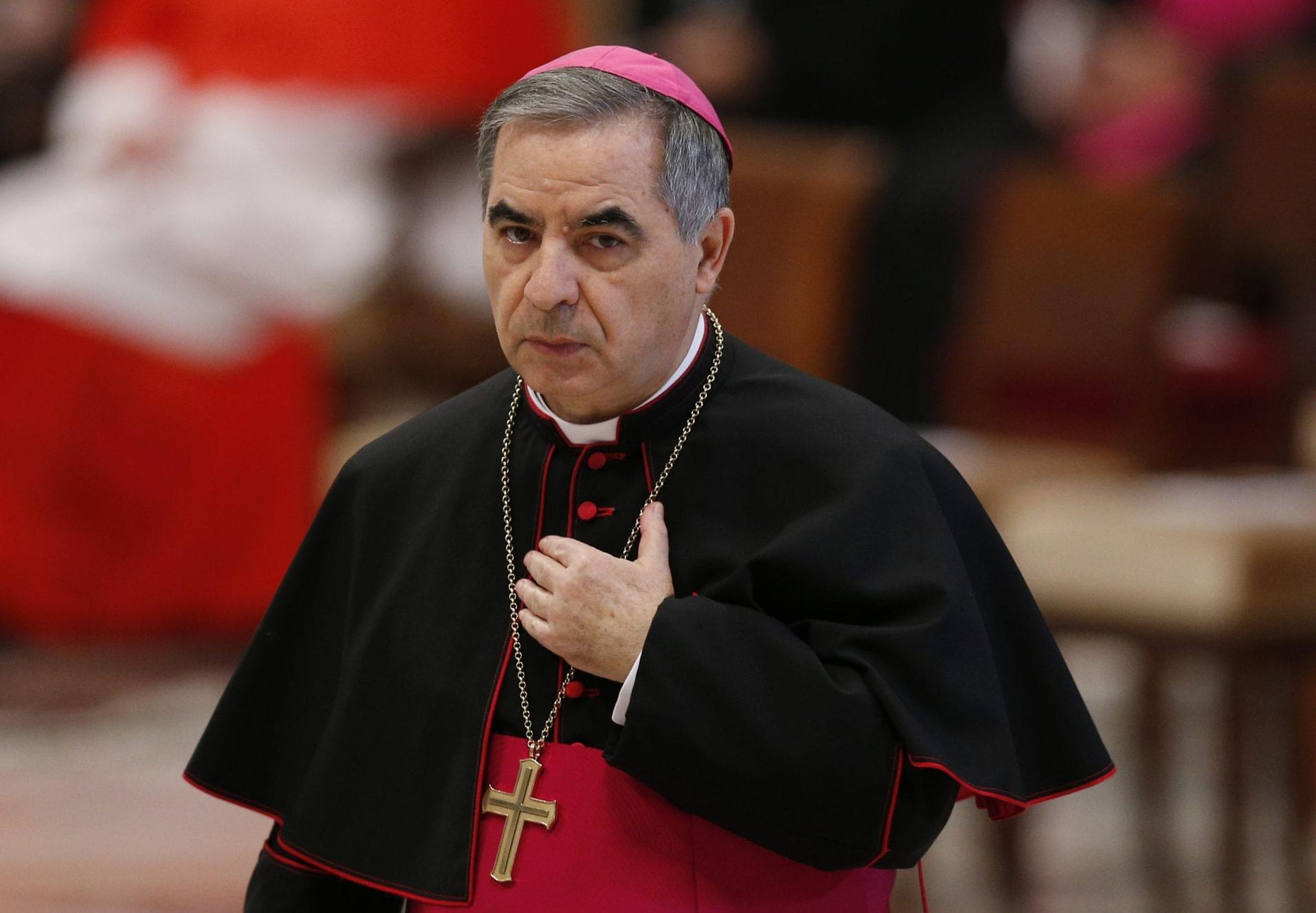ROME – Roughly a decade ago, under Pope emeritus Benedict XVI, Italian Cardinal Crescenzio Sepe of Naples was named a target by Italian prosecutors for his role in alleged corruption in public work contracts while he was Prefect of the Vatican’s Congregation for the Evangelization of Peoples from 2001 to 2006.
In a nutshell, prosecutors claimed Sepe gave various Italian public officials sweetheart deals on apartments and other residences in Rome owned by Propaganda Fidei, at the same time that massive amounts of state funds were being allocated for remodeling projects on congregation properties, including its famed headquarters in Rome’s Piazza di Spagna. The suspicion was of an unstated but clear quid pro quo – I’ll get you an apartment, and you vote for my funding.
While Sepe was never charged and denied any wrongdoing, technically the probe remains open awaiting further developments.
I recall at the time having a conversation with a friend of mine in Rome about the Sepe affair, and he mused aloud about whether, assuming the charges were true, it would meet the classic Catholic definition of sin. He concluded it wouldn’t, because in Sepe’s mind, even if he was guilty as charged, there was probably no knowing intent to do wrong, because this was simply how things had always been done.
That bit of history comes to mind in light of Italian media reports Tuesday and Wednesday regarding the latest financial scandal to erupt at the Vatican.
It focuses on a land deal in London in which the Vatican’s Secretariat of State initially spent $200 million acquiring a significant share of a former Harrod’s warehouse slated to be converted into luxury apartments, and then, when its relationship with its Italian financier partner soured, wanted another $150 million in a loan from the Vatican bank to buy the property outright.
The supervisory board of the bank vetoed the loan and reported the affair to the Vatican’s Promoter of Justice, which launched an investigation that so far has resulted in five employees being suspended. What’s especially galling to many people about the affair is that the money for the initial purchase reportedly came out of the proceeds of Peter’s Pence, which is an annual collection taken up around the world from ordinary Catholics, principally to support the pope’s charitable activities.
RELATED: Vatican bank chief says latest scandals are true proof of reform
In the Italian media, the Vatican official seemingly being presented as the fall guy for the operation is Italian Cardinal Angelo Becciu, currently the prefect of the Congregation for the Causes of Saints, who was the number two official in the Secretariat of State when the transaction was initially made and who oversaw much of its subsequent history.
On Tuesday, in remarks to the Italian news agency ANSA, Becciu came out swinging.
“Mud is being thrown at me in the form of accusations that I reject firmly and scornfully,” he said. “My conscience is clear. I’ve always acted for the interests of the Holy See, and never my own.”
Becciu insisted that while one purpose of the Peter’s Pence is to support papal charities, it’s not the only one: “It’s also for the sustenance of his pastoral ministry,” he said.
Pardon the pun, but, for our purposes, here’s the money quote:
“It’s standard practice that the Holy See invests in bricks and mortar, and it’s always done so, in Rome, in Paris, and also in London,” he said. “Pope Pius XII was the first to acquire real estate in London.”
In the same cycle of reporting, Becciu’s former boss, Italian Cardinal Pietro Parolin, the Secretary of State, called the London transaction “an opaque operation about which now everything will be clarified.” Becciu rejected that characterization firmly.
“A proposal was advanced regarding this historic and artistic building, and when it was done there was nothing opaque,” he said. “It was a regular investment registered according to the norms of the law.”
In other words, Becciu is offering the same basic response as Sepe: “Why am I suddenly to blame for doing what we’ve always done?”
As the probe of the London transaction unfolds, it may turn out that there were violations of the Vatican’s new requirements for financial transparency and accounting as decreed by Popes Benedict XVI and Francis, or it may not.
It’s also arguable that whatever the legal dimension of the affair may be, there’s something a bit incongruous about the Vatican under a pope who’s the apotheosis of a “poor church for the poor” spending hundreds of millions to acquire property in the swanky London neighborhood of Chelsea to reap profits from rentals to the upper crust.
That said, it’s also arguable that whatever judgment one reaches, Becciu himself didn’t, and doesn’t now, believe he did anything wrong – because, honestly, it’s hard to argue the point that this is how things have always been done.
Follow John Allen on Twitter: @JohnLAllenJr
Crux is dedicated to smart, wired and independent reporting on the Vatican and worldwide Catholic Church. That kind of reporting doesn’t come cheap, and we need your support. You can help Crux by giving a small amount monthly, or with a onetime gift. Please remember, Crux is a for-profit organization, so contributions are not tax-deductible.













